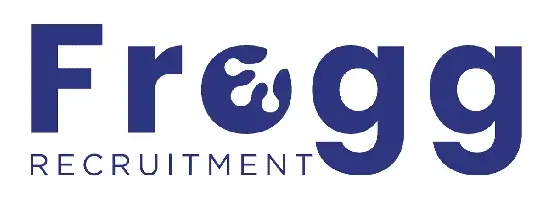Tag: recruitment
-

How to write a CV/Resume
Continue ReadingHow to write a professional CV/Resume
You will find insightful information, tips, and guidance on how to write a CV/Resume in the article below. In today’s competitive job market, it’s essential to present a tactful and well-outlined resume. Are you looking for a FREE CV TEMPLATE?
Job Seekers should know how to apply to jobs they qualify for in the sense of requirements and job duties. Job seekers should read the job advertisement carefully and only apply if they are a match.
Know what a good CV entails and ensure your CV/resume is up to par. With the correct knowledge as to what a CV consists of, nothing can stop you from making one that stands out from the crowd. Click on this link to create your own CV
What to write in your CV (Curriculum Vitae) also known as a Resume.
Your CV, or resume outlines your qualifications to recruiters and prospective employers. This document includes details information about your persona, and professional background, education, accomplishments, and skills selling yourself as the most suitable candidate. It contains details about your persona, professional history, educational background, accomplishments, and skills. Click here to view this article on LINKEDIN
The steps below will serve as a guideline regarding how to write a CV/resume:
Personal information
Personal information includes your name, surname, date of birth, in addition to languages that you speak and your contact information such as your mobile number and email address so that employers who you are and how to reach you. Below your personal information, include a brief summary outlining your career and introducing yourself to the recruiter or employer. This is ultimately a very condensed version of what your cover letter would say.
Education
Ensure that you list your educational history, both secondary and tertiary on your CV. Education listed on your CV is always listed in reverse chronological order with your most recent educational qualifications first. Should your current qualification be a completed degree it will be listed first and secondary education would be the last high school you attended and graduated from. Should you be in the process of pursuing another qualification of sorts, that will be listed above your completed qualifications.
Relevant skills
Under the skills section of your CV, list any potential skills that apply to the potential job. This can be any skills that you have acquired acquired outside of your current or previous employment. Examples are software proficiencies like Microsoft Word, Excel, and PowerPoint etc. These are considered as part of the prerequisites or otherwise stated as minimum requirements. Try to include skills that relate to the job description to make yourself a more desirable candidate.
Attributes
A personality trait known as an attribute can enhance your ability to perform within a team or an as individual in a working environment. It is seen as a quality or feature regarded one’s character. It works to describe you as an individual who is passionate in sales and marketing, dedicated or loyal. Its works describe your strengths. It can also describe functional words like being strong in management, people skills, analytical, or technical aligned.
Employment history
It is important to detail your current employment and previous employment history so your prospective employer can see your career path and this is what determines whether you are fit for the business of your prospective employer. This can include; full-time and part-time employment, internships, research projects such as WIL (Will Integrated Learning), lab work, volunteer work, and/or field experience.
Employment history is also consistently listed in reverse chronological order, being your current or last position first, and is almost always listed in bullet point format. Here, you will list the title of the work, name and location of your current/previous place of employment. Below these titles, you will list your job responsibilities performed.
References
References are your former employers who you provide the contact information of so that they may attest to your character, abilities, and work performance. Recruiters use your references to double-check what you’ve written on your CV. Therefore, it is of utmost importance that you are honest as this reflects as part of your personality, character, and values.
If you want to find our more about what we do as one of the top staffing agencies, view Our Expertise. Feel free to follow us on our social pages Facebook, LinkedIn, Instagram.
